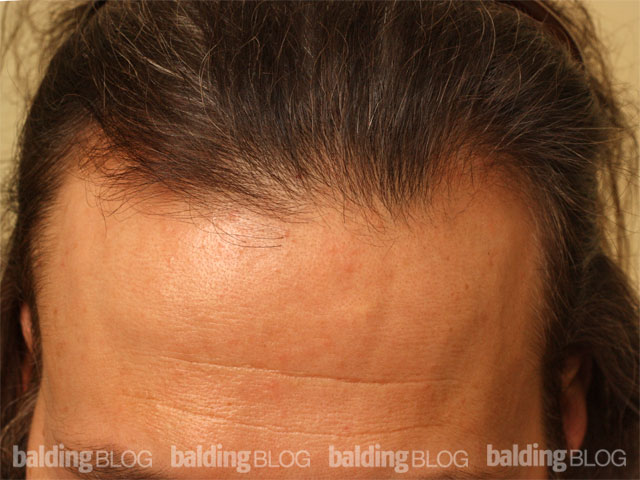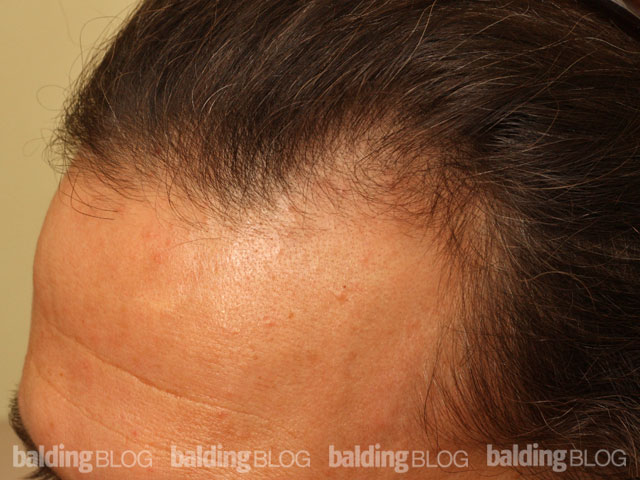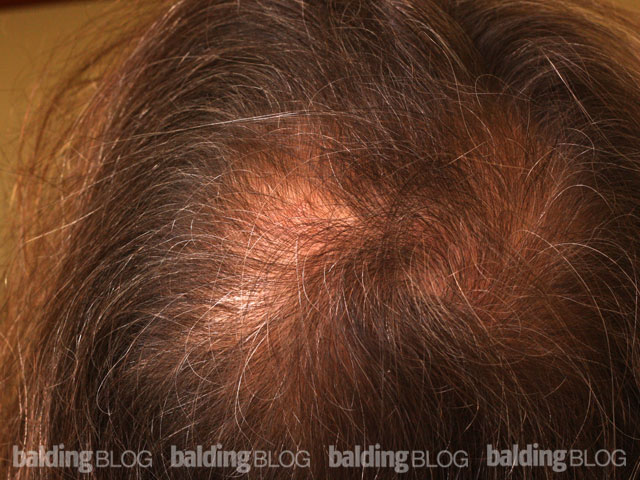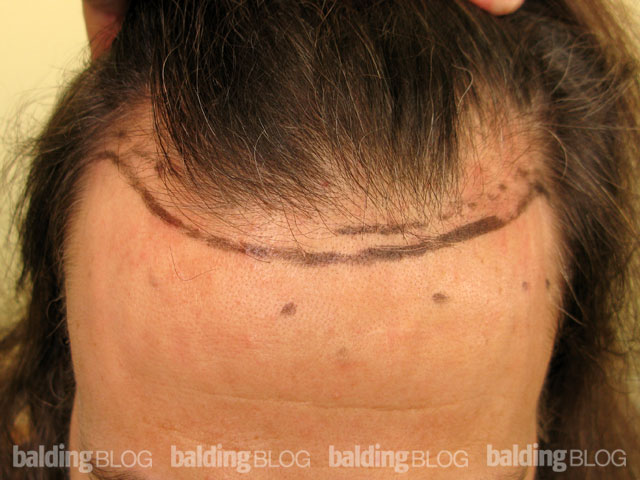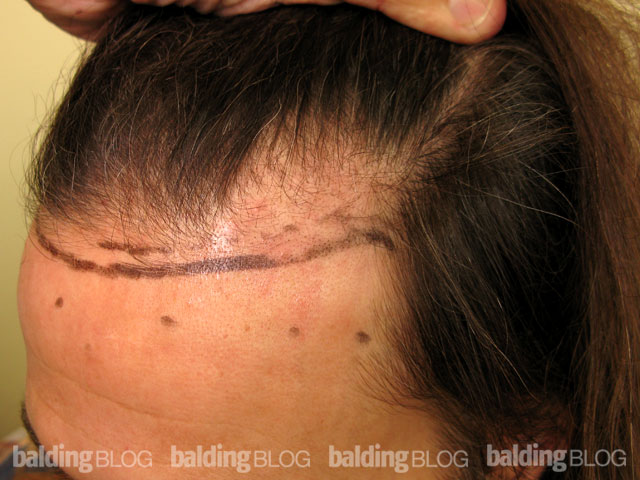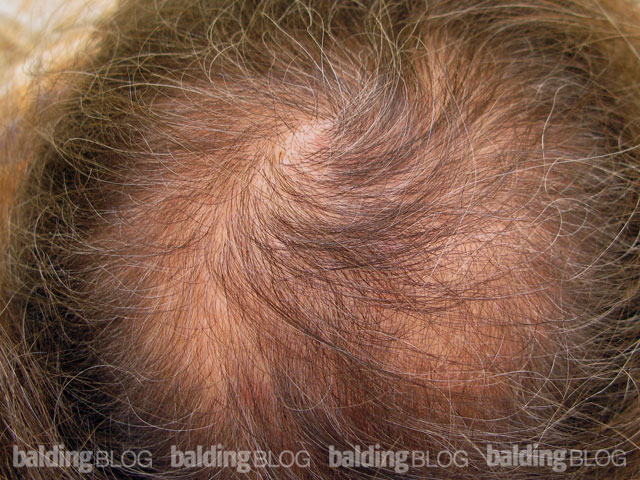Note: BaldingBlog often receives incredibly insightful emails from our readers. The following comments echo many of my thoughts on the subject of Xandrox and Dr. Lee. The writer wishes to remain anonymous, but he’s contributed posts in the past about the FDA and I want to thank him for taking the time to elucidate the issues so clearly.
This is a follow-up (for those that missed it), about the FDA stopping Xandrox sales.
—

- The post about Xandrox requires clarifications and additional information about physician prescribing and the FDA. It is correct that Dr Lee makes unsupported claims about his products (whether it is his unregulated herbs or regulated medicines sold online). However, a more likely reason why the FDA intervened to remove sales of Xandrox (containing 15% minoxidil and finasteride) is that a potential for increased risk (i.e., a safety concern) existed. Even with substances that do not normally fall under FDA jurisdiction (e.g., herbs that do not require regulatory approval for sale), the FDA can intervene if a health concern exists. A good example is when concerns regarding the safety of ephedra supplements (and potential cardiac deaths) led the FDA to ban the sale of ephedra-containing supplements in the United States in 2004.
The poster asks whether prescribing Xandrox in this manner is acceptable because it is off-label. “Off-label†use presumes use based on a specific scientific rationale and sound medical evidence (data on effectiveness and safety of Xandrox is absent). While most off-label use is the same dose and formulation for a different indication (thus allowing for an understanding of the likely safety profile), the FDA legally allows and classifies off-label use as below, which can include different doses:
“Good medical practice and the best interests of the patient require that physicians use legally available drugs, biologics and devices according to their best knowledge and judgment. If physicians use a product for an indication not in the approved labeling, they have the responsibility to be well informed about the product, to base its use on firm scientific rationale and on sound medical evidence, and to maintain records of the product’s use and effects.â€
With Xandrox, there is zero data available on the safety and efficacy of the formulation and one wonders – especially with high-dose topical minoxidil – what cardiac issues could result. But, who knows. Data (and thus informed decision-making) for the user is not available. This is the antithesis of “evidence-based†medicine: “Here, buy this because I said it does A, B, and C – don’t worry about any evidence.†Or better yet, “I’m getting great results…I haven’t had a problem (yet)”.

 Level 2 sedation scale is considered: “cooperative, tranquil, and oriented” according to the Ramsay scale. To some this can be achieved with no drugs. To some this can mean a shot of Vodka. In the doctors office this can be a shot of a sedative or a pill (like Xanax). It can also be breathing in laughing gas.
Level 2 sedation scale is considered: “cooperative, tranquil, and oriented” according to the Ramsay scale. To some this can be achieved with no drugs. To some this can mean a shot of Vodka. In the doctors office this can be a shot of a sedative or a pill (like Xanax). It can also be breathing in laughing gas. As I’ve mentioned before, I’m a part of an email group of hair transplant doctors that share information amongst each other. The other day I received an email from a well respected doctor (let’s call him Doctor A) reporting that he’s now had two patients in the past 12 months who had persistent erectile dysfunction (ED) even after they stopped finasteride (traditional 1mg dose). These are two patients out of thousands that this physician has prescribed to, and I have no knowledge of other potential health factors or even full details on the cases.
As I’ve mentioned before, I’m a part of an email group of hair transplant doctors that share information amongst each other. The other day I received an email from a well respected doctor (let’s call him Doctor A) reporting that he’s now had two patients in the past 12 months who had persistent erectile dysfunction (ED) even after they stopped finasteride (traditional 1mg dose). These are two patients out of thousands that this physician has prescribed to, and I have no knowledge of other potential health factors or even full details on the cases.